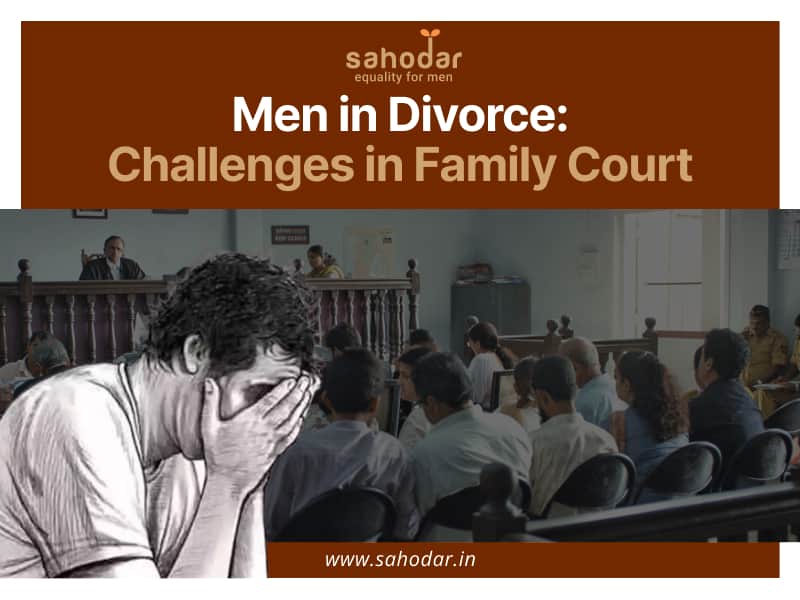Divorce is a challenging and emotionally taxing process for both men and women. However, it’s essential to acknowledge that men, like women, may face certain disadvantages when navigating the family court system. While strides have been made in promoting gender equality, there are still areas where men may encounter unique challenges during divorce proceedings.
We will explore some disadvantages men may experience when filing for divorce in family court
Societal Stereotypes
One significant disadvantage men often face is the persistence of societal stereotypes. Traditional gender roles may lead to biased assumptions about parenting capabilities and financial stability. These stereotypes can influence Family court decisions, potentially affecting custody arrangements and alimony awards.
Custody Battles
Custody battles can be particularly challenging for men, as courts historically favoured mothers as primary caregivers. While there has been a shift towards more gender-neutral custody decisions, men may still feel they have to fight harder to secure meaningful time with their children. Overcoming preconceived notions about fathers’ roles is an ongoing struggle in many family courtrooms.
Alimony and Financial Support
In cases where alimony is considered, men may be disadvantaged due to persistent assumptions about their financial stability. Even if the woman is the primary breadwinner, men might face resistance when seeking spousal support. Overcoming stereotypes related to financial independence can be an uphill battle for men in family court.
Domestic Violence Allegations
In contested divorces, allegations of domestic violence can significantly impact the proceedings. While it’s crucial to address genuine cases of abuse, false accusations can be used strategically to gain an upper hand in custody battles. Men may find it challenging to disprove such allegations, even if they are baseless, leading to potential biases in court decisions.
Emotional Stigma
Men often face societal pressure to appear stoic and emotionally resilient. This can be a disadvantage in family court, as judges may interpret emotional expression as a sign of instability. This stigma can affect perceptions of parenting capabilities and well-being during divorce proceedings.
Legal Representation
Access to competent legal representation is crucial in divorce cases, and men may face challenges in finding attorneys who specialise in representing their interests. Biases or assumptions about gender roles may also affect how legal professionals approach a case, potentially hindering men from securing fair outcomes.
Conclusion
While family court systems strive for fairness and equality, it’s essential to recognise that certain disadvantages persist for men when filing for divorce. Overcoming societal stereotypes and biases and navigating complex legal processes can make the divorce journey uniquely challenging for men. To ensure a more equitable system, ongoing efforts are needed to address these issues and promote fair treatment for both men and women in family court proceedings.

